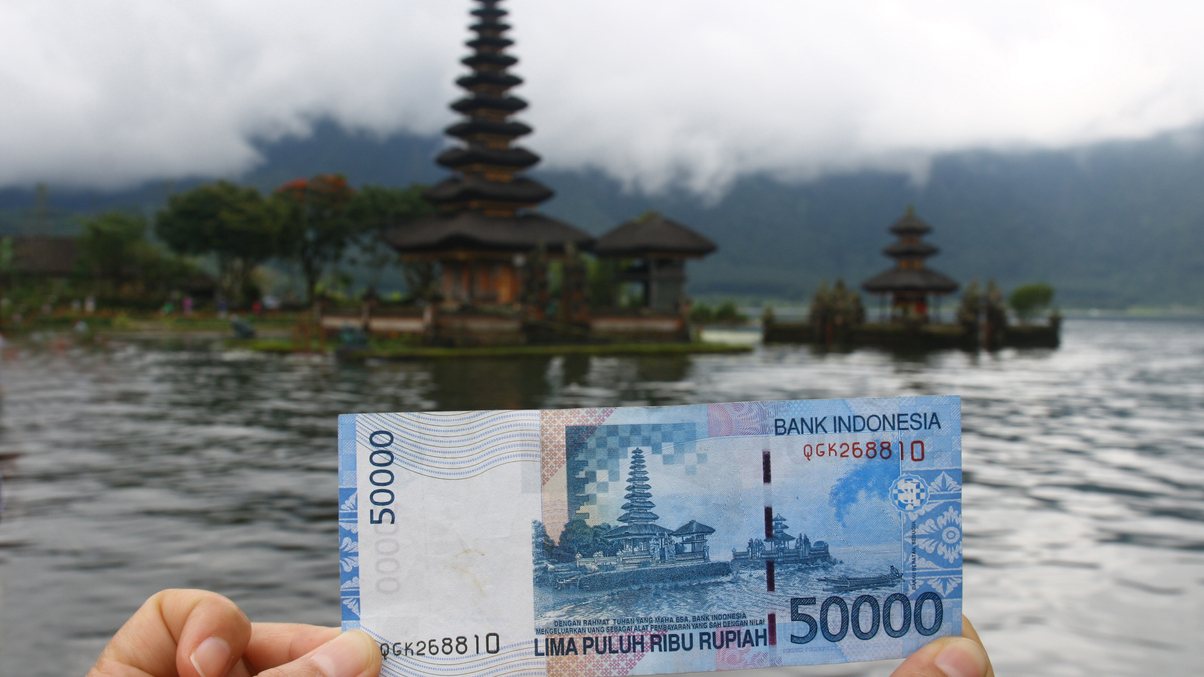Why Indonesian insurers would rather invest onshore
Life insurance firms in the country look set to allocate more assets into local fixed-income rather than venture overseas, even as more foreign players buy local players.

Insurance companies in Indonesia look set to keep building positions in decently yielding fixed domestic income assets as their asset bases continue to grow. Overseas investments are proving far less tempting, although some companies are eyeing specific equity investments, and even considering alternative assets for the future.
Sign in to read on!
Registered users get 2 free articles in 30 days.
Subscribers have full unlimited access to AsianInvestor
Not signed up? New users get 2 free articles per month, plus a 7-day unlimited free trial.
¬ Haymarket Media Limited. All rights reserved.


